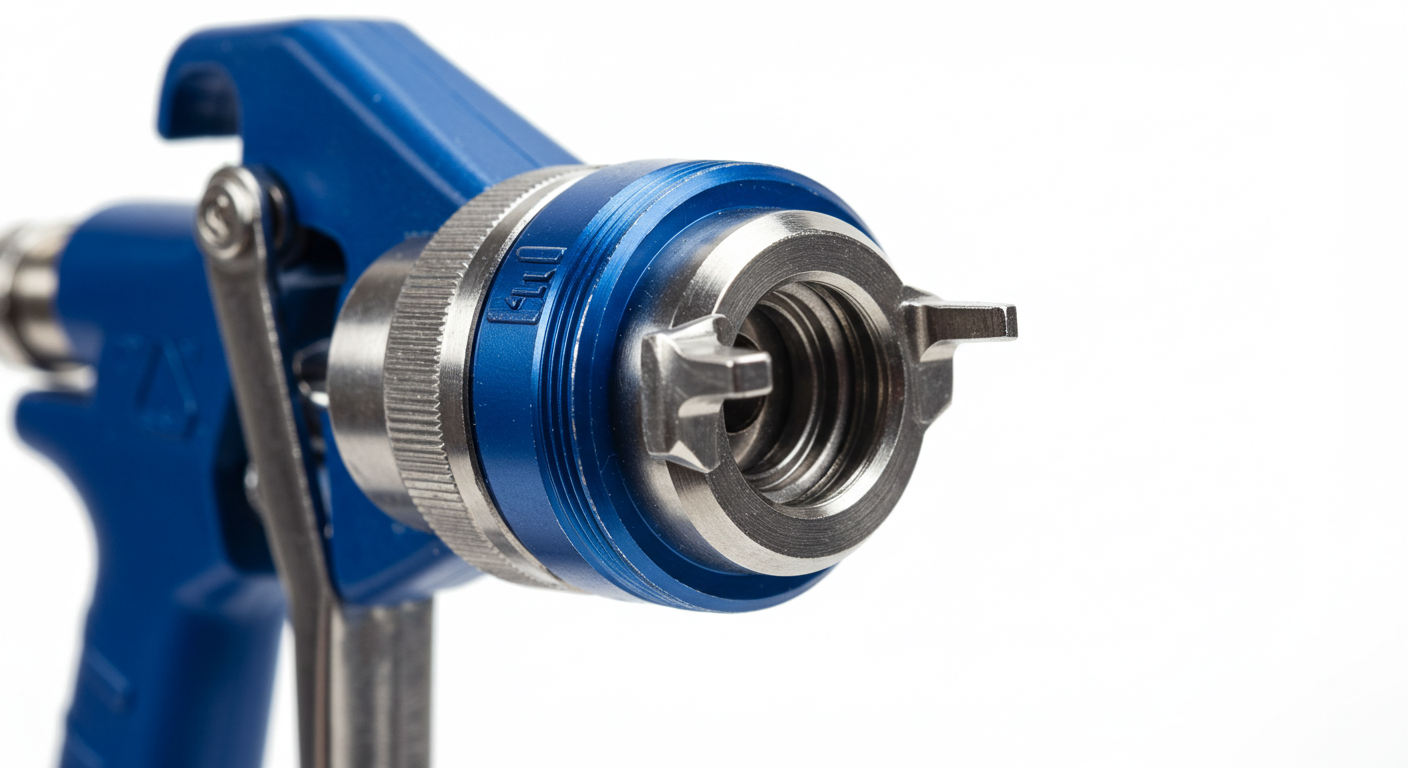Sourcing high-quality chemicals is a critical aspect of various industries, including pharmaceuticals, agriculture, manufacturing, and research. Ensuring the purity, consistency, and safety of chemicals is vital for maintaining product quality and meeting regulatory standards. Whether you are a business owner, laboratory professional, or procurement manager, understanding how to source chemicals efficiently is essential. This guide will walk you through the key factors to consider when sourcing chemicals, the importance of supplier reliability, and how to verify chemical quality before purchase.
Understanding the Importance of High-Quality Chemicals
The quality of chemicals directly impacts the efficiency and safety of their applications. Poor-quality chemicals can lead to failed experiments, subpar product performance, and even hazardous conditions. Therefore, sourcing high-quality chemicals is not just a matter of preference but a necessity for businesses and research institutions.
Several industries, such as pharmaceuticals and food production, have stringent guidelines for chemical purity and composition. Failure to meet these standards can result in legal issues, recalls, or even health risks. As a result, businesses must ensure that their suppliers provide chemicals that meet industry regulations and specifications.
Factors to Consider When Selecting a Supplier
When sourcing chemicals, choosing the right supplier is crucial. A reputable supplier ensures consistency, compliance with regulations, and timely delivery. If you are searching for chemical suppliers in UAE, it’s important to assess their credibility, certifications, and industry reputation. Here are some essential factors to consider when selecting a supplier:
1. Reputation and Reliability
Researching the supplier’s background is the first step in ensuring quality. Look for reviews, client testimonials, and case studies that reflect the supplier’s reputation. Reliable suppliers will have a history of delivering high-quality chemicals without frequent recalls or quality complaints.
2. Certifications and Compliance
Certifications such as ISO 9001 (quality management systems) and ISO 14001 (environmental management) indicate that a supplier follows international quality standards. Additionally, check if the supplier complies with Good Manufacturing Practices (GMP) and industry-specific regulations.
3. Product Testing and Quality Assurance
A reputable supplier should provide Certificates of Analysis (CoA) and Safety Data Sheets (SDS) for their chemicals. These documents verify the chemical’s purity, composition, and safety details. Some suppliers also offer third-party lab testing to ensure accuracy.
4. Supply Chain and Logistics
Consistency in supply is crucial for businesses that require chemicals regularly. Assess whether the supplier has a robust logistics network and the ability to deliver products on time. A disruption in the supply chain can cause delays in production and research.
5. Pricing and Cost-Effectiveness
While high-quality chemicals may cost more, balancing cost and quality is essential. Avoid suppliers who offer chemicals at significantly lower prices, as they may compromise quality. Compare multiple suppliers to find a competitive yet reliable source.
How to Verify Chemical Quality Before Purchase
To ensure you are sourcing high-quality chemicals, you must verify their quality before making a purchase. Here are some steps to follow:
1. Request Sample Batches
Before placing bulk orders, request sample batches from the supplier. Testing these samples in your laboratory or production process can help confirm their suitability.
2. Check for Documentation
Ensure that the supplier provides CoA, SDS, and technical specifications for each chemical. These documents should be verified against industry standards.
3. Perform Laboratory Analysis
If possible, conduct in-house laboratory analysis or seek third-party testing to validate the chemical’s purity and composition. This step is especially crucial for industries that require high levels of accuracy, such as pharmaceuticals.
4. Inspect Packaging and Labeling
Proper packaging ensures the stability and safety of chemicals. Check if the supplier uses high-quality, sealed packaging with appropriate labeling, including hazard symbols and handling instructions.
5. Evaluate Storage and Handling Conditions
Some chemicals are sensitive to temperature, light, or humidity. Ensure that the supplier follows proper storage and handling protocols to maintain chemical integrity.
Sustainable and Eco-Friendly Sourcing
With growing concerns about environmental impact, businesses are increasingly opting for sustainable and eco-friendly chemical sourcing. Here are some ways to ensure environmentally responsible procurement:
1. Choose Suppliers with Sustainable Practices
Look for suppliers that follow green chemistry principles, minimize waste, and use renewable resources. Certifications such as ISO 14001 indicate environmental responsibility.
2. Opt for Biodegradable and Non-Toxic Alternatives
Whenever possible, choose biodegradable and non-toxic chemicals to reduce environmental harm. Many industries are shifting towards eco-friendly alternatives to comply with sustainability goals.
3. Reduce Waste and Optimize Usage
Efficient chemical usage and waste management can reduce environmental impact. Work with suppliers who provide bulk packaging options to minimize plastic waste.
Navigating Global and Local Suppliers
Depending on your location and industry needs, you may choose between local or international suppliers. Each option has its pros and cons:
Local Suppliers
- Faster delivery times
- Easier communication and compliance with local regulations
- Lower shipping costs
International Suppliers
- Wider selection of chemicals
- Potentially lower prices due to large-scale production
- Access to specialized or rare chemicals
Businesses must weigh these factors based on their specific needs, budget, and regulatory requirements.
Conclusion
Sourcing high-quality chemicals is an essential part of maintaining product integrity, safety, and regulatory compliance. By carefully selecting suppliers, verifying chemical quality, and adopting sustainable practices, businesses can ensure a reliable and efficient supply chain. Whether sourcing locally or internationally, prioritizing quality over cost will ultimately lead to better long-term outcomes for your operations.



